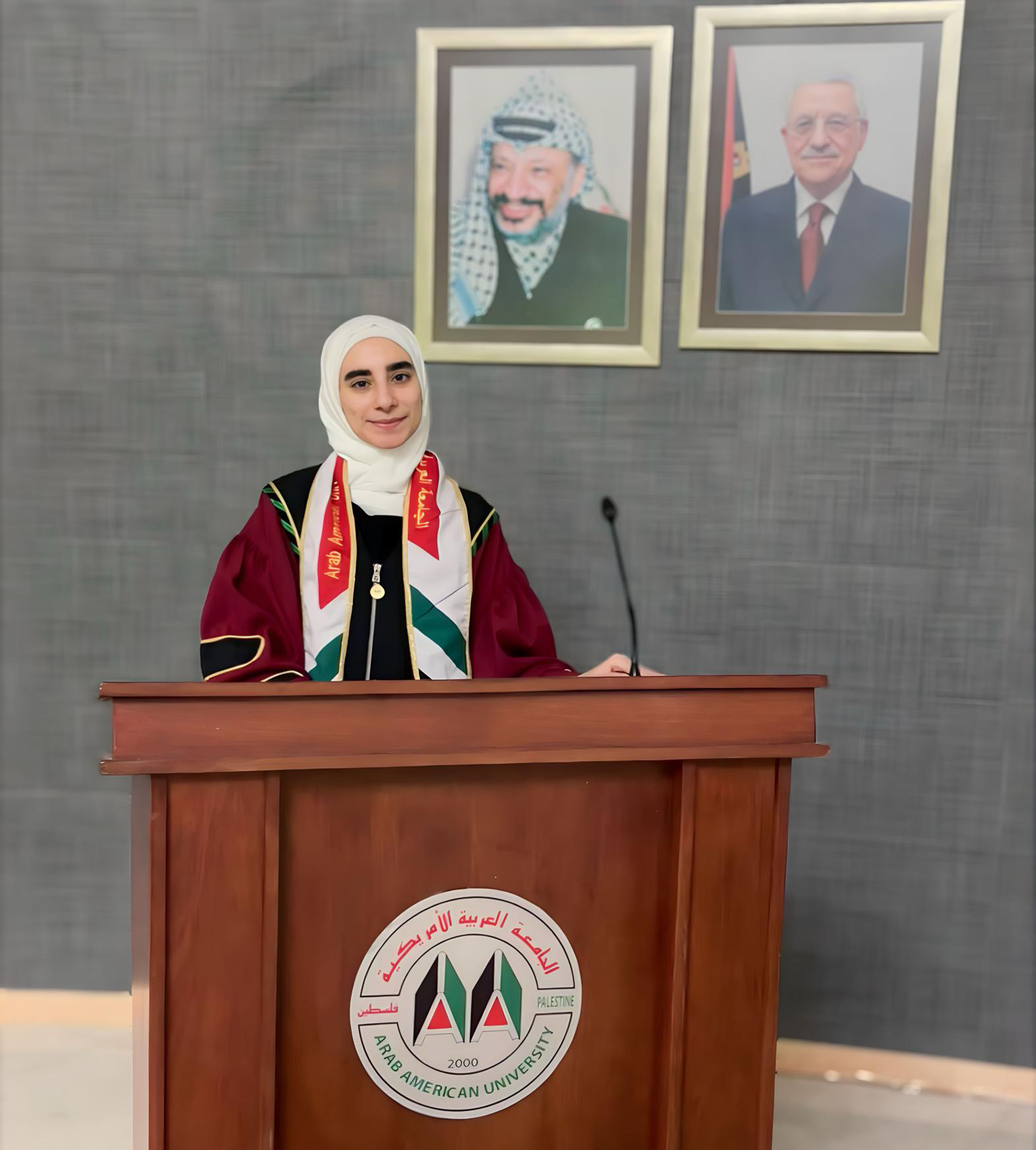
A research team from the Faculty of Medicine at the Arab American University published a scientific research in the scientific journal Frontiers in Genetics, which is indexed Q2 in Scopus database, with an impact factor of 4.78.
The team included Dr. Imad Dweikat, a consultant pediatrician and metabolic diseases, and Dr. Reham Khalaf Nazzal, a researcher in human genomics and neuroscience. The study focused on the clinical results, the results of chemical analyses, and the genetic mutations that cause the rare genetic disease,
Hyperornithinemia, Hyperammonemia, and Homocitrullinuria Syndrome, according to the study, affects at least 200 patients worldwide.
The study indicates that there are two genetic mutations that cause this disease in thirteen patients from different regions in Palestine. It also confirms the wide spread of mutations that cause this recessive genetic disease, which is closely linked to consanguineous marriage. It also stresses the need for early diagnosis of cases affected by this disease, given the availability of treatment that prevents critical complications of this disease.
This study comes within the endeavors of the Faculty of Human Medicine at the Arab American University to respond to the urgent need to study common genetic diseases in the Palestinian society. It is also to study the associations and effects of these societal diseases by establishing an integrated information database that includes the use of advanced genome technologies and the latest metabolism and construction tests in the world.
To read the full research, click here
















Add new comment